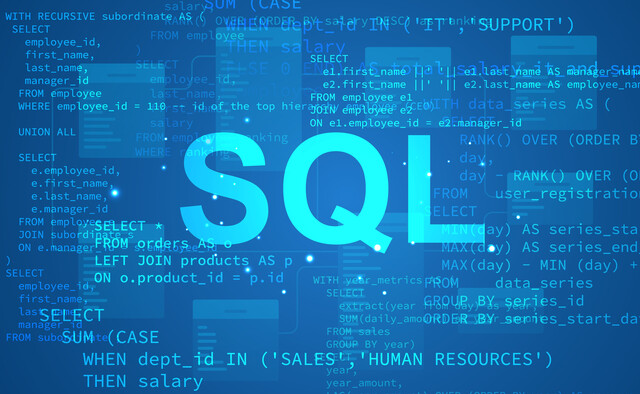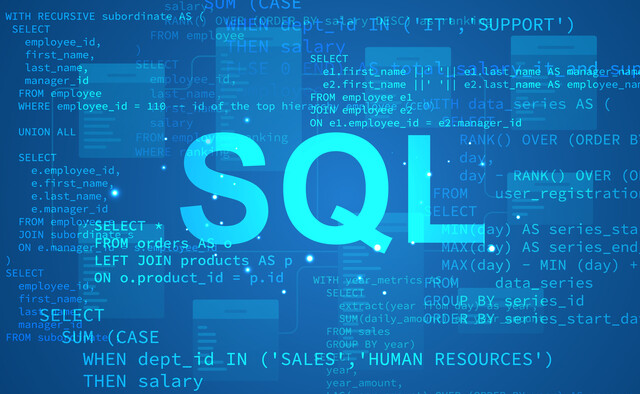C# Programming
Unlock Your Potential with C#: Code Your Future Today!

17 Hours average completion time
1.7 CEUs
16 Lessons
14 Exams & Assignments
15 Videos
44 Reference Files
Mobile Friendly
Last Updated December 2025
Mastering C#: A Comprehensive Dive into Modern Programming
Step into the dynamic universe of C# -- the beating heart of Microsoft's web and desktop applications. If you've ever sought a language that seamlessly merges power and adaptability, C# stands tall. Not just an isolated entity, C# is deeply rooted in the C-style family, paving the way for a smooth transition to languages like Java, C, and C++. But where do you begin? Right here, with our meticulously crafted course tailored for both novices and those looking to sharpen their skills.
Imagine being handed the keys to a powerful sports car. It's thrilling, but you need to understand its mechanics to truly harness its power. Similarly, diving into C# requires a grasp of its fundamental elements. We unravel this enigma by commencing with the bedrock of programming: variables, operators, and primitive strings. While these pillars are universal across coding languages, we delve deep into the unique idiosyncrasies that C# presents.
But as you progress, mere linear coding won't suffice. Your code, much like a riveting story, needs twists and turns. Enter operators and Boolean logic -- the masterminds controlling your code's narrative. Grasping these crucial elements can be the difference between a seamless user experience and a frustrating one. And we ensure you master them, preventing those pesky pitfalls that plague many developers.
But the C# realm isn't just about basics. Our course catapults you into the fascinating world of Object-Oriented Programming (OOP). A universal concept, yet with a distinctive C# flavor. Delve into methods, the beating heart of OOP, and explore the richness of inheritance, polymorphism, interfaces, and abstraction. To ensure your C# journey is smooth, we also equip you with skills to test, debug, handle errors, and maneuver through C#'s vast libraries and namespaces.
With us, you're not just learning; you're evolving into a C# maestro. By the end, you won't just understand C#; you'll think in it, crafting intricate programs from a blank slate. So, are you ready to unlock unparalleled programming prowess? Dive in and master the art and science of C#.
- Master C# object-oriented programming concepts
- Manage concurrency with threading
- Optimize code with data structures
- Design scalable software solutions
- Use C# libraries and namespaces
- Implement effective error handling
- Efficiently handle user inputs
- Programming foundational skills
- Create interactive applications with event handling
- Abstract design patterns using interfaces
- Apply advanced debugging techniques
-

Google Sheets
-

Crystal Reports
-

Electronics 101
-

Computer Literacy Level 1 - Computer Basics
-

Introduction to CSS
-

Google Docs
-

Google Slides
-

Introduction to JavaScript
-

Learn HTML - Create Webpages Using HTML5
-

Computer Literacy Level 3 - Living and Working Online
-

Ultimate Excel Training Bundle
-

Computer Literacy Level 2 - Internet Basics
-

Introduction to SQL
-

MySQL
-

Adobe Dreamweaver
-

Cybersecurity 101
-

Developing Great Social Skills
-

Adobe Photoshop
-

Introduction to Logic
